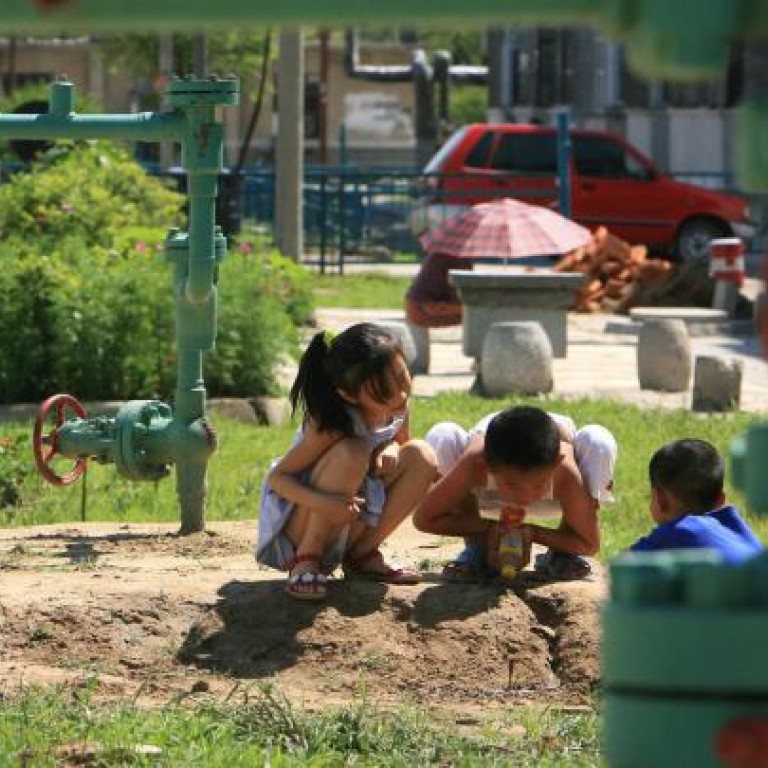
China pays top dollar for gas imports
Gas imports by sea and pipeline will rise 24 per cent in 2013, according to China National Petroleum Corp (CNPC), the nation's biggest energy explorer. Crude purchases will climb 7.3 per cent and account for 58 per cent of total consumption, CNPC estimated in its annual research report released on January 30.
Record natural gas costs are doing nothing to dissuade China from boosting imports of the cleaner-burning fuel as the world's biggest emitter of greenhouse gases approaches its government-set limit for oil purchases.
Gas imports by sea and pipeline will rise 24 per cent in 2013, according to China National Petroleum Corp (CNPC), the nation's biggest energy explorer. Crude purchases will climb 7.3 per cent and account for 58 per cent of total consumption, CNPC estimated in its annual research report released on January 30.
That's near a 61 per cent cap announced last month by the State Council. The country spent US$560 a tonne last year on liquefied natural gas transported in ships, an all-time high.
Asian LNG prices will rise this year as the region's demand growth outpaces supply, according to Goldman Sachs. While China's plan to increase gas use and limit crude imports will be a boost to suppliers including Qatar and Turkmenistan, the country faces record costs as it competes with Japan, which is relying on fossil fuels for power amid a debate over whether to resume its nuclear reactors.
"The existing terminals in Shanghai, Guangdong, and Fujian are supplied with relatively cheap LNG, but the terminals under construction now are contracted with higher prices," Adam Wang, an analyst at IHS Cambridge Energy Research Associates in Beijing, said. "When those LNG terminals come on line, the weighted average price of imports will increase."
China is encouraging gas use amid signs of worsening pollution. The concentration in Beijing of PM2.5, the fine air particulates that pose the greatest human health risk, exceeded the World Health Organisation's "healthy" limit every day in January, according to daily peak readings from the US Embassy. The levels were similar to an airport smoking lounge, comparisons with data from the US Centers for Disease Control and Prevention in Atlanta show.
China's average cost for LNG, which makes up about half of its gas consumption, was equivalent to US$10.77 per million British thermal units last year, up 19 per cent from 2011, data from the General Administration of Customs show.
Prices in 2013 would be similar to 2012, CNPC said in its report, without elaborating. Deliveries by pipeline cost US$542 a tonne, up 21 per cent, while imported oil advanced 5 per cent to US$814 a tonne, or US$111 a barrel, customs data show.
Spot LNG for delivery to Northeast Asia climbed to US$19.40 per million Btu as of February 4, the highest price since early 2008, according to World Gas Intelligence, a New York-based energy research firm.

